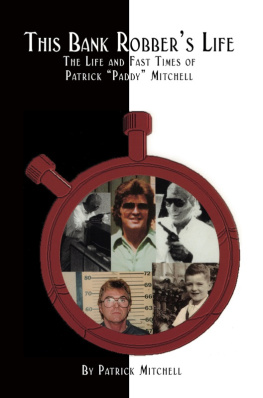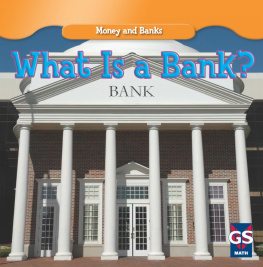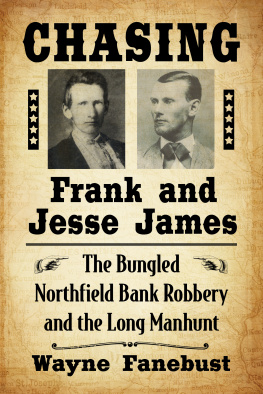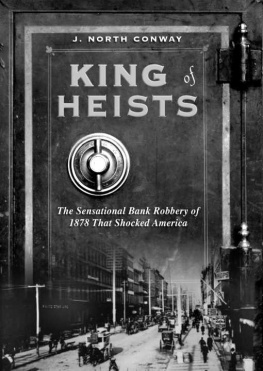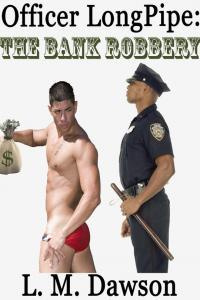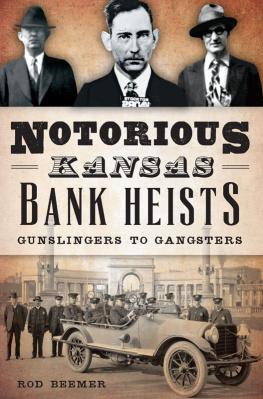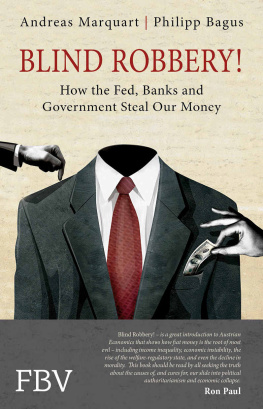ACKNOWLEDGMENTS AND
AUTHORS NOTE
T his book was a team effort. It could not have been accomplished without the considerable talents and dedication of each member of the team. Among them are our literary agents, Eric and Maureen Lasher, who from the beginning provided us with faith, confidence, friendship, and wise counsel. Also special thanks to W. W. Norton, particularly editor in chief Starling Lawrence, and Morgen Van Vorst, who believed in the project and knew just what to leave in, and what to take out.
Special thanks go to the following FBI employees, past and present, who provided help and inspiration during my thirty-three-year Bureau career: FBI communications specialist Linda Webster, a friend, sidekick, confidant, office mate, and little sister for over eighteen years. Friend and partner Joe Chefalo, big, strong, utterly fearless, one of the finest FBI agents ever to carry the credentials, a guy who put the fear of God and the FBI into any number of kidnappers and Klansmen and bank bandits. Carl Schlatter, my mentor and West Coast father figure when I was a young agent; and Charlie Ogle, my first supervisor on the LA FBI Bank Squad, now seventy-five years old and still as gruff but incisive as ever. There are also those very special Bank Squad guys from whom I learned something new every day: Jerry Crowe, Frenchie LaJeunesse, Biff Flanigan, Art Thatcher, Tom Powers, Jim Hall, Myron Hitch, Frank Calley, Bernie Connors, J. C. Fishbeck, Pat Hill, Mike Mench, Steve Powell, Bill Elwell, Dan Bodony, and Bank Squad supervisors Mark Llewellyn, Ken Jacobsen, and Bob Mack.
There are others no longer present to read these words but whose memories remain vivid in my heart. First among them are my parents, Ann and Bill Rehder, whose worry about me being an FBI agent finally gave way to pride. Also LA Bank Squad agent Wayne Bourque, who for eight courageous years carried a full caseload while battling the cancer that would eventually take his life. Other friends, gone but not forgotten, include Bank Squad agents Bob Linker, Ed Plevak, Dick Cromwell, Carl Pilkvist, Jim Keenan, and Tom OQuinn; and LAPD Robbery Homicide Bank Team detectives Dave Lively, Joe Chandler, and Bob Kestler.
We are also most grateful to the following FBI employees past and present who have provided us with their time and personal recollections recounted within the book: Dan Gordon, George Schroder, Andy Chambers, Brenda Cotton, Biff Flanigan, Jack Trimarco, Paul Chamberlain, John McEachern, and Jerry Hines. Likewise, we thank past and present LAPD Robbery Homicide Bank Team detectives John Licata, Brian Tyndall, Greg Grant, Tom Gattegno, and Steve Laird, as well as former LAPD Burglary Special Detail detectives Dennis Pagenkopp and Doug Sims. Special thanks are also due to John Wiley, the UCLA law professor-turned-federal prosecutor (and now California Superior Court judge) for his friendship, time, recollections, personal notes, editorial advice, and constant encouragement. Thanks also to Charlie Fine, Stephen Wolfe, Jerry McNeive, Donald Re, and April Smith.
We also want to express our admiration and heartfelt thanks to all of Bills colleagues on the LA FBI Bank Squad, the LAPD Robbery-Homicide Bank Team, and former detectives of the Los Angeles County Sheriffs Central Robbery Detail. These few lines of appreciation will never convey the gratitude felt for their camaraderie and dedication to excellence.
Finally, we thank our beautiful wives and best friends, Gaye Rehder and Tule Dillow, for patiently reading through the many drafts, and being our first and best critics.
This is a work of nonfiction; everything in it is true. However, the names of a few minor characters, and all criminal informants, have been changed to protect their privacy or their safety. Errolyn Ramirez is a pseudonym. The observations and opinions expressed in this book do not necessarily reflect those of the Federal Bureau of Investigation.
WILLIAM J. REHDER
GORDON DILLOW
D ecember 1966, a cold, gray, miserable morning in Cleveland; there was no other kind of December morning in Cleveland. I was dirty and dog-tired after working all night, fueling up on crankcase coffee out of paper cups and chasing down bum tips and bad calls all over the rustbelt urban catastrophe that was the citys East Side. Now I was crammed into a dark, fetid, roach-infested little room in an ancient three-story brownstone walk-up, with a half dozen other guys carrying guns, trying to make a howling junkie named Smitty come out from under the bed.
It was strange. But I knew then that this was what I wanted to do with my life.
Some sixteen hours earlier, Smitty had made a bad mistake. Recently paroled from state prison on a robbery beef, and now badly in need of financing, he had tucked a gun into his waistband, put on a stingy-brim hat and a pair of sunglassessunglasses, in December, in Clevelandand then clomped down the stairs of his building and onto the sidewalk. Shivering in his threadbare black jacket, he walked six blocks east, along streets lined with crumbling row houses and boarded-up windows, to a small branch office of the Cleveland Trust Bank, near the corner of East 105th and Superior, in the citys Hough District. Despite the cold, he stayed outside for a while, pacing back and forth, back and forth, back and forth in front of the bank, practicing his lines and trying to get his nerve up.
I can do this, he told himself. No, I gotta do this.
I gotta rob this bank.
If Smitty had been much of a thinking man, he could have come up with a million reasons not to do itand all of them put together couldnt compete with that one desperate, overpowering reason why he had to. Hed already pilfered and boosted and stole as much as opportunity and his limited abilities had permitted, and it was never enough. Even the lousy forty bucks that hed squeezed out of his girlfriend the day before was gone, the shit that hed scored with it just a dim, warm, happy memory. Now the warning signs of detoxification sickness were already there, like the first foul breath of the flu, and he knew it would only get worse, and then infinitely worse.
His body was making an argument that his mind couldnt win. The argument was: Feed me. There is money behind those doors, and what that money will buy is what I need. So give it to me, you miserable motherfucker, or I will make youusso sick that you will sorely wish you had.
In the junkies world, need trumps fear every time. Smitty touched the butt of the gun under his jacket for reassurance, and then walked into the bank.
The word bank can be deceiving. This was not the headquarters of Chase Manhattan or Bank of America. It wasnt one of those quiet, dimly lighted, cathedral-like places with red velvet ropes on gleaming brass stands and walls paneled in deep, rich wood, a place where men in three-piece suits with watch fobs hanging across their bellies sat behind mahogany desks, shepherding dollars measured in millions. This was a small branch bank in a bad part of town, an enterprise dedicated to cashing payroll and welfare checks and issuing low-five-figure business loans and nickel and dime mortgages. The desks were gray steel, the walls sheetrock, the lighting tubular fluorescent. Linoleum, not carpet, covered the floor; the carpet wasnt made that could have withstood even a single winter of commercial foot traffic in Cleveland.
But if the branch occupied a low rung in the banking ladder, it was still a bank, and therefore full of money. On an average day there would be about a quarter of a million dollars in cash stashed in the vault and stacked in the tellers drawers; on payday Fridays and the first of the month, when the government checks arrived in peoples mailboxes, that amount might swell to half a million, easy. And it was all there for the taking.
Of course, Smittys ambitions didnt run that high; he only wanted a little something to get him through the day.
Next page


